The Bible & Political Philosophy
Explore the political teaching of the Book of Genesis.
Summer 2014
Washington, DC
This seminar will explore the relation between the two highest kinds of knowledge—reason (in the form of philosophy and science) and faith (in the form of divine revelation and theology). We will examine some thinkers who claim that reason and faith are incompatible, requiring an either-or choice because they cannot be synthesized, and other thinkers who claim that the two are compatible and can be reconciled in a harmonious whole in which reason is perfected by faith.
After exploring the relation of reason and faith, we will examine the political teachings of divine law, natural law, and practical reason as they are found in several writings—including the Bible as well as selections from St. Thomas Aquinas, Emil Fackenheim, Reinhold Niebuhr, Martin Luther King, Jr., and papal encyclicals. We will consider what form of government and what kind of social and economic institutions are required by divine and natural law, and also which regime—kingship, theocracy, or liberal democracy—is most compatible with the teachings of divine and natural law.
Images: Detail from Raphael, The School of Athens, 1509-11 | Raphael, Disputation of the Holy Sacrament, 1509-1510
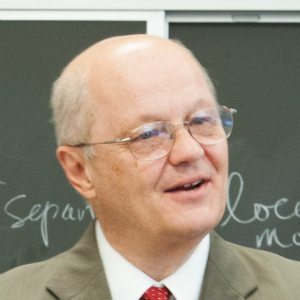
Robert P. Kraynak is Professor of Political Science at Colgate University. He teaches courses in the fields of political philosophy and general education, including courses on American political thought, the history of Western political philosophy, natural law, religion and politics, and conservative political thought.

Robert P. Kraynak is Professor of Political Science at Colgate University. He teaches courses in the fields of political philosophy and general education, including courses on American political thought, the history of Western political philosophy, natural law, religion and politics, and conservative political thought. He received the Colgate Alumni Corporation “Distinguished Teaching Award” in 2006, and he directs Colgate’s Center for Freedom and Western Civilization.
His published books are History and Modernity in the Thought of Thomas Hobbes (Cornell Press, 1990), Christian Faith and Modern Democracy (Notre Dame Press, 2001), In Defense of Human Dignity, edited with Glenn Tinder (Notre Dame Press, 2003), and Reason, Faith, and Politics, edited with Arthur M. Melzer (Lexington, 2008). He also contributed to Human Dignity and Bioethics, published by the President’s Council on Bioethics (2008).
Professor Kraynak came to Colgate in 1978 from Harvard University, where he received his Ph.D. in government. He has served in the U.S. Army Reserves, is the faculty adviser to the College Republicans at Colgate, and is an active member of St. Mary’s Church in the village of Hamilton, NY. where he lives with his wife, Sandra, and their four children.
Readings:
Discussion Questions:
Readings:
Recommended Readings:
Discussion Questions:
Readings:
Discussion Questions:
Readings:
Discussion Questions:
Readings:
Discussion Questions:
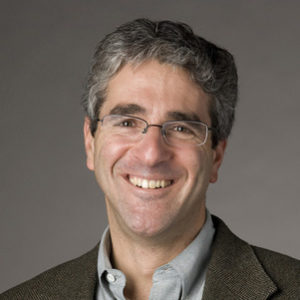
Laurence Cooper
Laurence Cooper is Professor of Political Science at Carleton College. Most of his research has addressed the question of human flourishing—what it is, how we can know what it is, what it requires from education and politics, and the risks that arise from misunderstanding it.
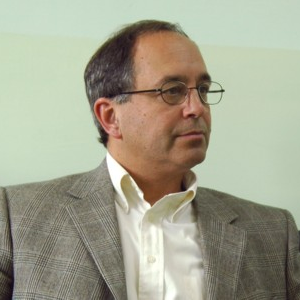
Joshua Mitchell
Joshua Mitchell is professor of political theory at Georgetown University. His research interest lies in the relationship between political thought and theology in the West.

Ryan P. Hanley
Ryan Patrick Hanley is Professor of Political Science at Boston College. His research in the history of political philosophy focuses on the Enlightenment. He is the author of Our Great Purpose: Adam Smith on Living a Better Life and Love’s Enlightenment: Rethinking Charity in Modernity.
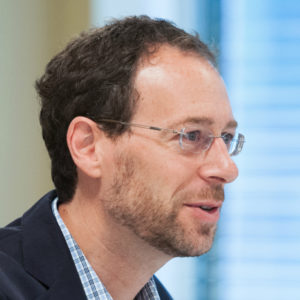
Bryan Garsten
Bryan Garsten is Professor of Political Science at Yale University. He writes on questions about political rhetoric and deliberation, the meaning of representative government, the relationship of politics and religion, and the place of emotions in political life.
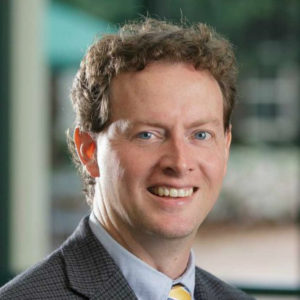
Benjamin Storey
Benjamin Storey is Associate Professor of Politics and International Affairs at Furman University. His interests focus on the history of political philosophy. He is currently completing a book entitled The Restless Age: Four French Thinkers on the Quest for Self-Understanding in an Unsettled Modernity.
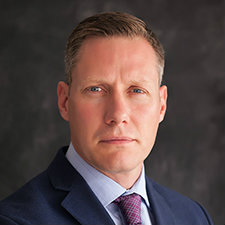
Tobin Craig
Tobin Craig is Associate Professor at Michigan State University. His studies focus on the intersection between modern political philosophy and modern science and technology. He is currently at work on a book length study of the unity of Francis Bacon’s scientific and political thought as well as a study of the place of technology in American political thought.
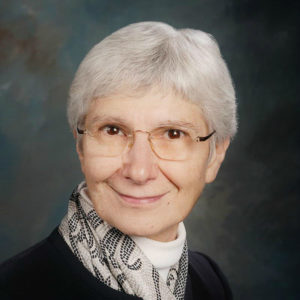
Amy A. Kass
Amy Apfel Kass (1940 – 2015) was a senior fellow at the Hudson Institute, Senior Lecturer Emerita in the humanities at the University of Chicago, and coeditor of What So Proudly We Hail: The American Soul in Story, Speech, and Song. She was an award-winning teacher of classic texts.
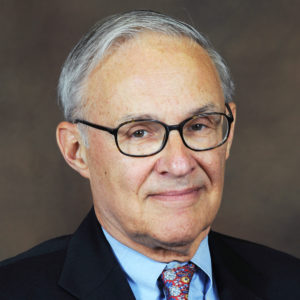
Leon R. Kass
Leon R. Kass, M.D., is the Addie Clark Harding Professor Emeritus in the Committee on Social Thought and the College at the University of Chicago and the Madden-Jewett Chair at AEI. He was the chairman of the President’s Council on Bioethics from 2001 to 2005. He has been engaged for more than 40 years with ethical and philosophical issues raised by biomedical advances and, more recently, with broader moral and cultural issues.